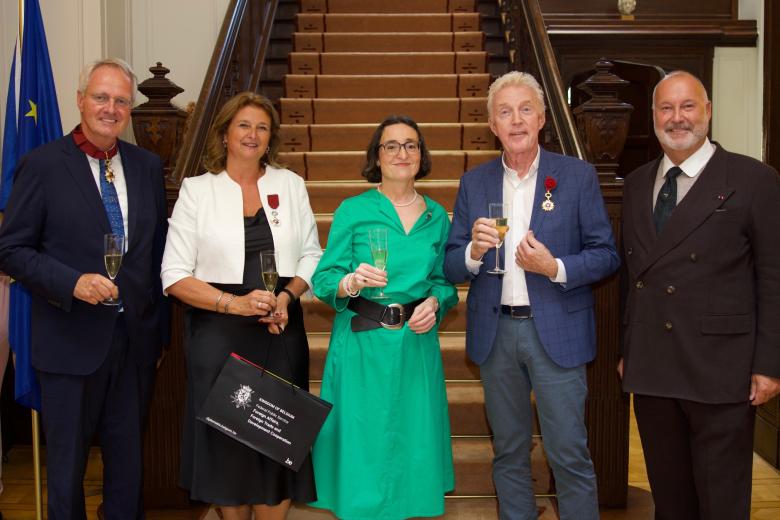Professor Onno van Schayck in NOS News on smoke reducing cook stove in India
Last week, Professor Onno van Schayck (CAPHRI/FHML) was interviewed by the Dutch national news channel NOS about the Exhale project in the Health in Slums programme that he co-initiated. In India people often cook indoors using firewood and that is damaging to their health. Each year half a million people die from this cause.
Van Schayck and his project partners developed a smoke reducing cook stove. This stove ensures that the smoke does not stay indoors, but is removed outside. The Netherlands and India have both invested in this project of Dutch universities and Indian hospitals.
As a result of this project Onno van Schayck was invited to become a member of the Global Commission on Pollution and Health, an initiative of The Lancet and the UN. This commission’s final report will be published in a special edition of The Lancet on October 19th.
Correspondent Joeri Boom filmed on location in the slums of the densely populated Indian city Bangalore. Click here to watch the specific section (in Dutch) in the news broadcast (minute 9.09-12.09).
Watch the TED-talk by Prof Onno van Schayk in 2014 at TEDx Binnenhof.
Also read
-
Green light for UM participation in unique YUFE bachelor programme
The UM can start as a degree awarding partner in the new unique bachelor programme Urban Sustainability Studies offered by YUFE (Young Universities for the Future of Europe), an alliance of ten European universities. This week, the UM received a positive outcome of the macro due diligence assessment...

-
Professor Anouk Bollen-Vandenboorn appointed Knight in the Order of the Crown
Prof. Dr Anouk Bollen-Vandenboorn, Director of the Institute for Transnational and Euregional cross border cooperation and Mobility (ITEM) at the Faculty of Law, Maastricht University, was appointed Knight in the Order of the Crown on 3 July, during a formal ceremony at the Belgian Embassy in The...

-
Study Smart gets Dutch Education Premium
Maastricht University's (UM) interfaculty educational innovation project Study Smart is one of the three winners of the Dutch Education Premium 2025. This was announced on Tuesday during the Comenius festival in The Hague.
